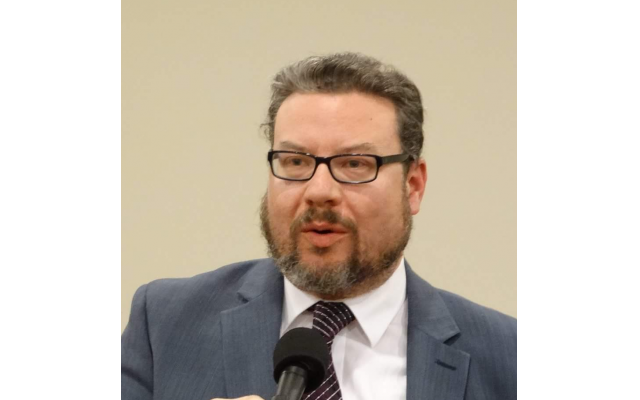Rabbi Michael Bernstein on Forgiveness
Rabbi Michael Bernstein is the spiritual leader of Congregation Gesher L’Torah in Alpharetta.
Rabbi Michael Bernstein is the spiritual leader of Congregation Gesher L’Torah.
Forgiveness is often spoken of like it’s a choice between holding on to hurt or letting go. Sometimes forgiving is that simple. Often it is not.
According to the Talmud, the first set of Tablets that Moses shattered after the Golden Calf were placed in the Holy Ark beside the second Tablets that remained intact. When we forgive someone who hurt us, it is also possible that we will find ourselves holding both the broken and the whole. How can we do both without the shards of broken trust piercing into that which is intact? Our tradition respects the delicate interplay of what can be fixed and what remains broken.
Just as a person’s apology must be sincere, so should a person’s forgiveness.
This statement is the corollary to the often-given counsel that forgiveness is something you should do for yourself, not the other person. There is a deep truth in this idea. Holding on to hurt and anger can eat away at your own insides, compounding the internal toll that is taken, while doing nothing to the one who caused offense. And yet, as much as releasing one’s own hurt can be beneficial, doing so in a real way takes some work as well.
Perhaps for this reason, offering forgiveness and asking for forgiveness are treated unlike almost any other practice in Jewish Life. When the great sage Rabbi Moses ben Maimon, the Rambam or Maimonides, compiled his unparalleled compendium of all of Jewish Law, he put the particulars of forgiveness and other aspects of making amends in the section devoted to beliefs and principles, rather than alongside observances for occasions and seasons or obligations one has to another. In doing so, Maimonides showed that forgiveness is not an act, but a state of being; not a moment that requires certain conditions, but an attitude.
Those people with whom we are closest are often the same who hurt us most deeply. They are also the ones with whom we invest the most effort to be authentic. It is in these relationships where we learn most from our tradition, placing what is broken as well as what is whole together in the Holy Ark.




comments